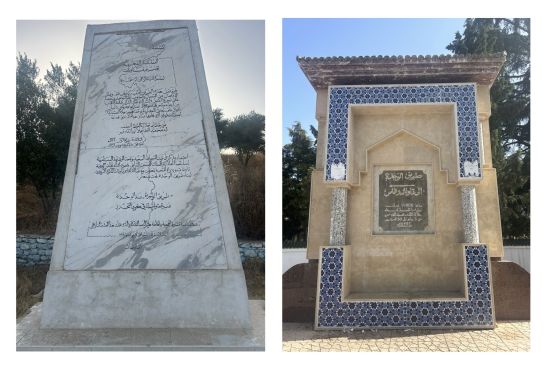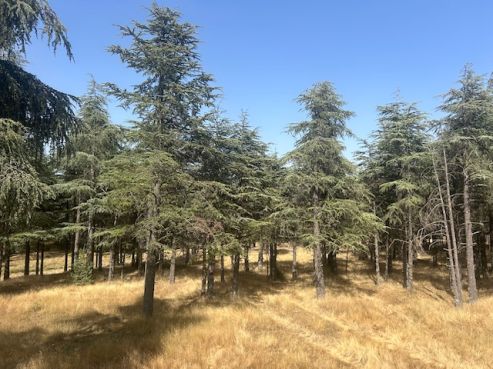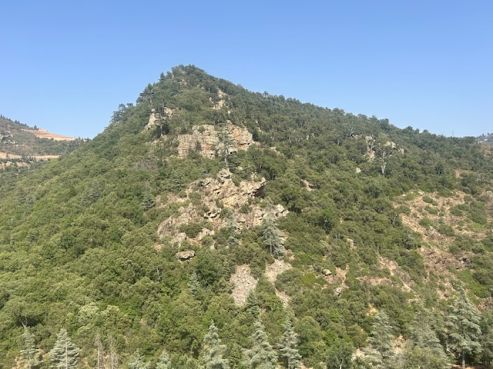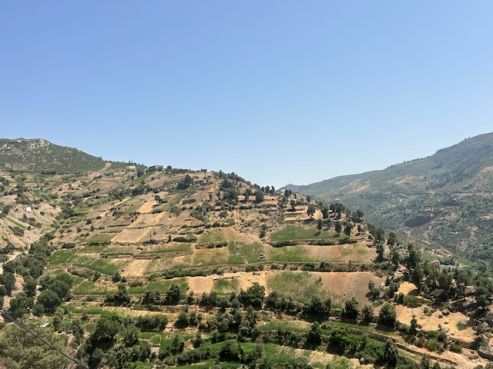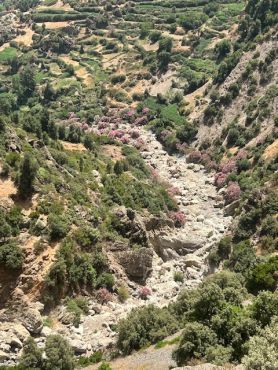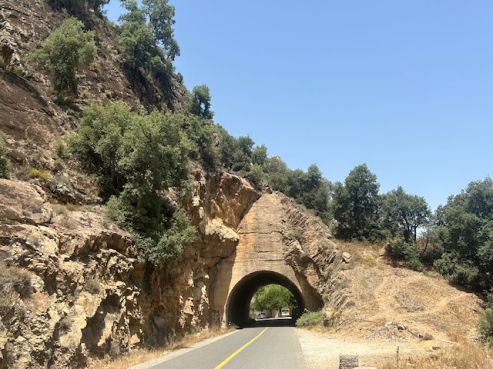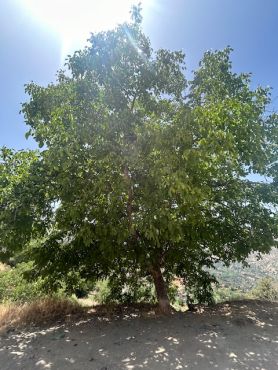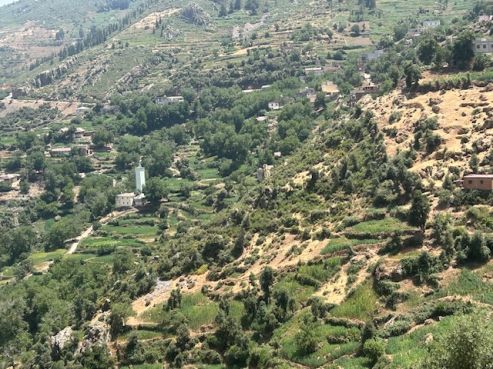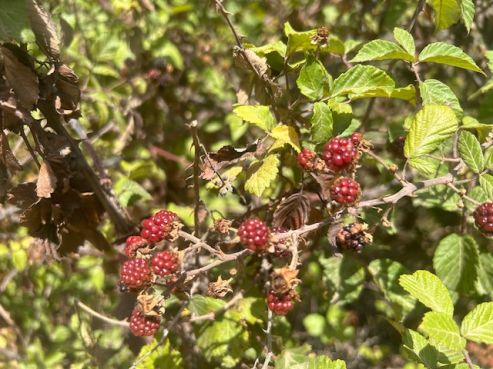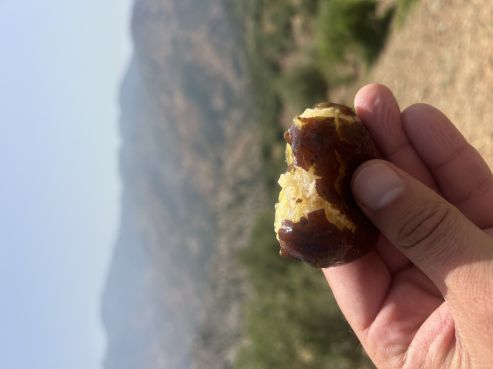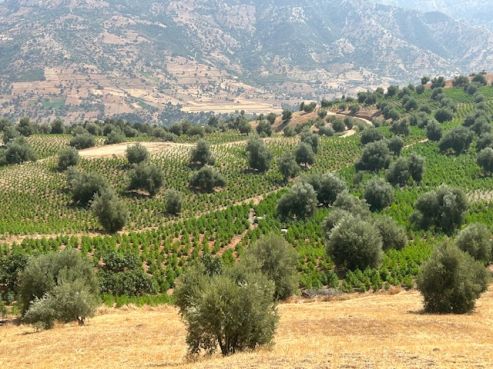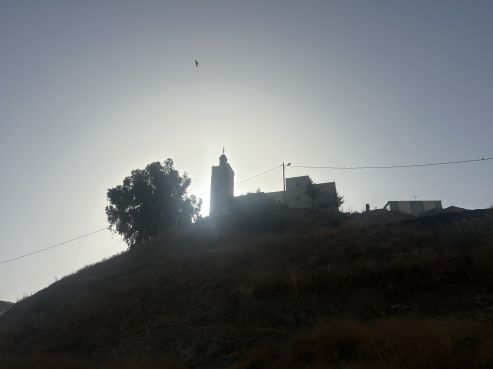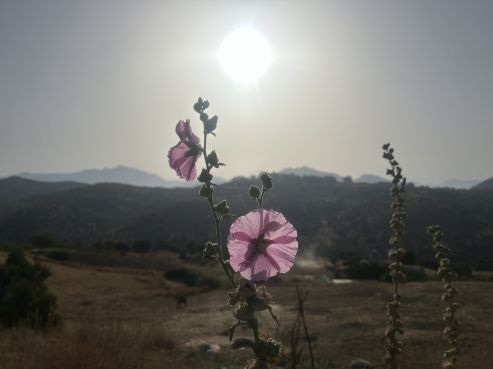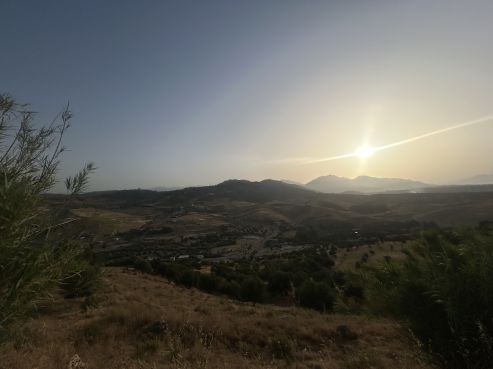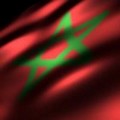In these times of great divisions, wars, and polarization, we've neglected the importance of unity and the things that bring us together. Living together has become a mockery of the far-right, solidarity and equality vilified by the ultra-liberals, and freedoms restricted by nostalgic authoritarians. In this divided world, history remains a source of inspiration.
On June 15, 1957, shortly after Morocco gained independence from France, King Mohammed V launched an appeal from Marrakech for the mobilization of young people to build a crucial project to unify the two territories long separated by French and Spanish protectorates. On July 5, 1957, the sovereign initiated the construction of the 80-kilometer Al Wahda (Unity Road) linking Taounate to Ketama.
This titanic project for its time saw 4,000 young people working in shifts each month to dig, clear, break, level, and pave a mountain-side road in the heart of the central Rif. The sweltering summer heat, lack of sophisticated equipment, and risk of landslides were no match for the self-sacrifice of the 11,000 to 12,000 young Moroccans who worked tirelessly for over three months.
With the patriotic commitment of these young people in mind, I decided to pay tribute to them by embarking on a journey from Taounate to cover every kilometer of this Unity Road. Born in Taounate, I was impressed from an early age by the landscapes, the hamlets perched on the mountains, and the iconic R12 car in Ketama. But a car journey between Taounate and Issaguen doesn't allow you to fully experience what the young people of 1957 endured. On Friday, July 5, 2024, at 6:30 a.m., I set off on a 73-kilometer trek, equipped only with two flasks of water and energy gels.
A 73 km personal challenge in the Rif mountains
After almost 11 hours of effort, alternating between running and walking, in temperatures approaching 40°C, I often wondered how those thousands of young people could keep going for hours on end, splitting rocks with pickaxes. The current work being carried out on certain sections of the Al Wahda road highlights the difficulty of the terrain. I wondered if the backhoe and excavator drivers were aware of the superhuman efforts of their predecessors.
 ©Yabiladi / Mohamed Ezzouak
©Yabiladi / Mohamed Ezzouak
Seeing a man running in shorts with a backpack brightened up their workday. Hand gestures, encouragement, and some even invited me to share their meal. Moroccans are always generous. In the towns and villages I passed through, many people spontaneously offered me water, taken aback by seeing me running in the heat. As well as the scenery, it was undoubtedly the discussions with the humble and generous people that left a deep impression on me.
This improvised solo adventure is a meeting with history, a territory, and its people. A personal challenge which, in the end, also took on a family dimension: my parents joined me in Issaguen to celebrate the outcome of this challenge, which they thought was crazy when I told them about it the day before.
It's this interweaving of the big story and the personal story that weaves our lives together. If our memories are precious because they build our identity, the shared memory of a nation is the foundation of who we are as a people. A date as important as July 5, marked by unity, youthful commitment, and faith in a better future, should be celebrated. Perhaps one day, the dream of seeing these few strides on the asphalt of Al Wahda Road turn into an event race in Taounate with thousands of participants will come true.





 chargement...
chargement...




